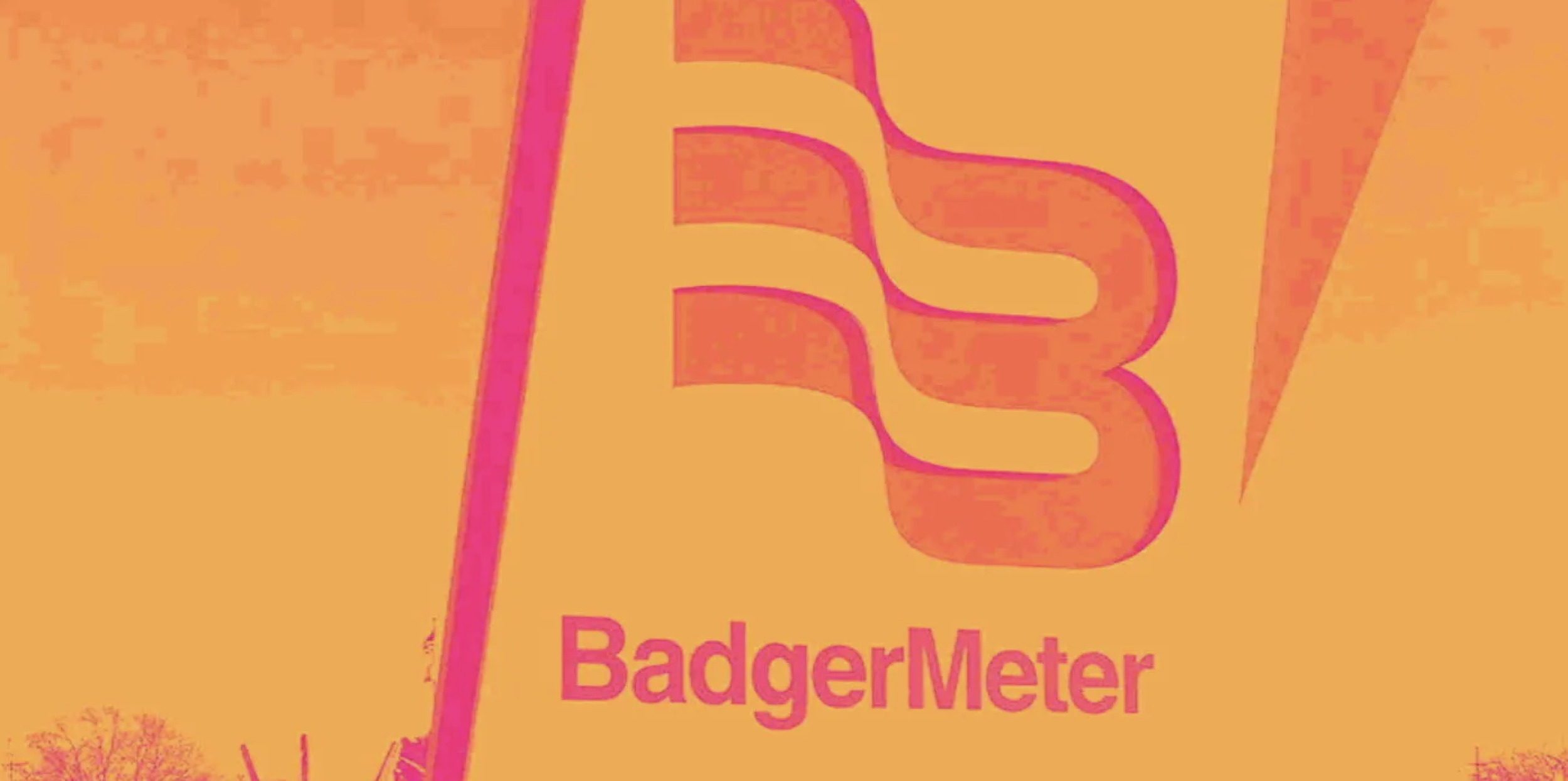ZTS | Q2 2025
The content provided on this website, including any communications, posts, videos, social media interactions, and other materials, is for informational and educational purposes only. It should not be considered as financial or investment advice. Read our full disclaimer here.
Links
Link to Presentation
Link to Transcript
Overview
Non-GAAP EPS of $1.76 beats by $0.15.
Revenue of $2.5B (+4.2% Y/Y) beats by $90M.
KEY Takeaways
Zoetis delivered 8% organic revenue growth and 10% adjusted net income growth in Q2 2025.
Adjusted EPS rose 9% operationally and 13% organically, with added support from share buybacks.
Management raised full-year guidance for both revenue and earnings on the back of strong first-half results.
Simparica Trio grew 20% this quarter and continues to hold its lead in the triple-combo parasiticide market despite competition.
Key Dermatology grew 11% operationally and 15% just looking at international sales, driven by strong volume growth in Apoquel and Cytopoint.
Librela sales declined 16% in the U.S. and slowed internationally due to safety concerns and social media noise.
The livestock business continues to outperform, up 6% this quarter and 7% year-to-date.
Adjusted gross margin expanded to 73.7%, helped by pricing and the MFA divestiture.
NOTES
Zoetis (ZTS) had another strong quarter, putting up 8% organic revenue growth and a 10% jump in adjusted net income. The business is firing on all cylinders right now, with growth across both the U.S. and international markets, and across both companion animals and livestock.
Based on the strength in the first half, management raised their full-year guidance. They now expect 6.5% to 8% organic revenue growth and 5.5% to 7.5% growth in adjusted net income—both up from their previous forecast.
Once again, Simparica Trio was a standout, growing 20% this quarter. Even after two years of direct competition, the product hasn’t lost patient share. In fact, Zoetis says triple-combo parasiticides now make up 45% of the category in U.S. vet clinics, and they expect that number to keep rising as more pet owners upgrade from older therapies.
Key Dermatology also did well, up 11% operationally and 15% just looking at international sales, thanks to strong volume growth and continued high satisfaction with products like Apoquel and Cytopoint.
In osteoarthritis, or OA pain, Librela continues to be a drag. U.S. sales were down 16% year over year, and international growth has started to slow too—especially in English-speaking markets where social media concerns are starting to bleed over.
With that said, management isn’t giving up on Librela. Over 75% of dog owners using the product report being very satisfied, and Zoetis is leaning hard into vet education and third-party studies to address safety concerns and rebuild momentum. They're still expecting a long-acting version of Librela to get approved later this year, which could help reaccelerate growth.
Moving on from companion animals, the livestock business has quietly been a bright spot for the company. It grew 6% this quarter and is now up 7% year-to-date—well ahead of the broader market.
Margins looked pretty good too. Adjusted gross margin was 73.7%, up 200 basis points, helped by pricing and the sale of the MFA (medicated feed additive) business.
Adjusted EPS for the quarter was up 9% on an operational basis, and up 13% on an organic operational basis. Between top-line strength, solid margins, and some help from share buybacks, the bottom line continues to move up and to the right.
As for the competitive landscape, Zoetis says they’ve modeled in different launch scenarios for a potential new dermatology rival, which they now expect in Q4.
They’re not changing their strategy in response—just staying disciplined with pricing, leaning into first-mover advantage, and continuing to invest in their pipeline. That includes a long-acting version of Cytopoint, which is expected sometime in the next 12–36 months, and a steady stream of major approvals they’re targeting every year moving forward.
There was also some discussion around tariffs on the call. Zoetis hasn’t gotten clear answers yet on what’s in or out of scope, but they’ve factored in the impact of implemented and announced tariffs into their full-year guidance. They also reminded everyone that 60% of their manufacturing is U.S.-based, and 75% of what they sell in the U.S. is made in the U.S.—so they feel reasonably well-positioned if the tariff situation becomes more intense.
Overall, Zoetis still seems to be steadily growing. It’s not all perfect—obviously things are a bit rocky with Librela—but the core franchises are holding up well, the pipeline still looks stacked, and management seems pretty clear about what needs to happen next.




Revenue of $1.23B (+2.5% Y/Y) misses by $10M. Non-GAAP EPS of $4.94 beats by $0.02.